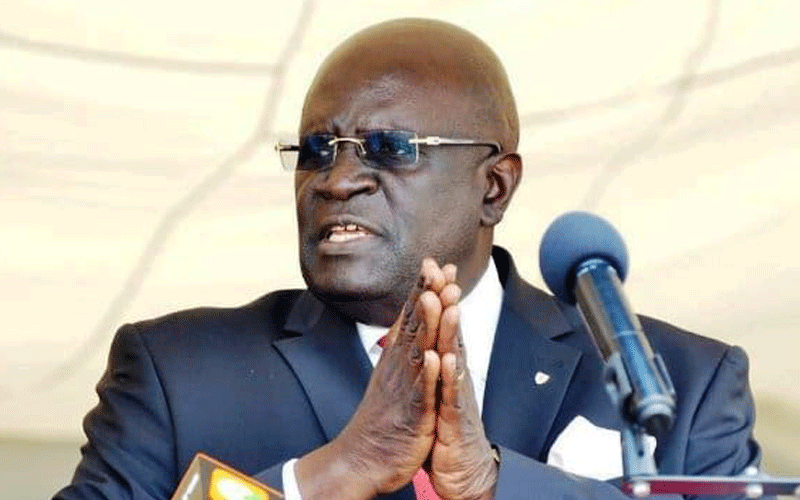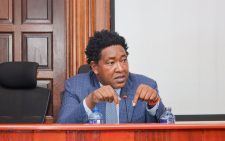Waiver of examination fees a poorly executed policy

The decision by the government to pay examination fees for all candidates sitting national examinations—Kenya Certificate of Primary Education and Kenya Certificate of Secondary Education—was ambitious, but noble idea.
It was meant to actualise the universal education dream, a right guaranteed in the Constitution. It removed a major hurdle on the way of millions of needy learners who could not sit the exams because of lack of money.
The waiver, and other subsidies in the education sector, including free learning funds and book grants, boosted school enrolment and completion.
But like other noble initiatives by the State, the exam fees waiver, was poorly executed. There was hardly any consultation among stakeholders to assess who needed it and who didn’t.
It was bombed downwards by an Executive fiat— and it had to be implemented at whatever cost.
For instance, was the Kenya National Examination Council (Knec) and other agencies involved in the rollout? Money has since 2017 been sent to the exams body by the National Treasury for the examinations.
However, such kind of universal funding is subject to abuse simply because there are thousands of parents and it is never done on need basis.
But now caught up in a tight economic situation that has been catalysed by the coronavirus pandemic, the State is rethinking the blanket waiver. Already, the proposal is on the table and it seeks to premise the waiver on the need-basis.
This means the exam fee burden which had been lifted off the backs of many parents, is about to thrown back at a financially trying time. It will evoke rancor and be resisted if the proposal comes to pass.
In the proposed review, the State is mulling another measure that is bound to be very unpopular: hiking of university fees.
Granted, the State is keen to cushion vulnerable families who were struggling to pay the fees to ensure education for all.
But it should only endeavour to pay fees using transparent and fair benchmarks.
Going forward, any monies saved from parents who can afford should be invested in giving scholarships to the children of the poor.












